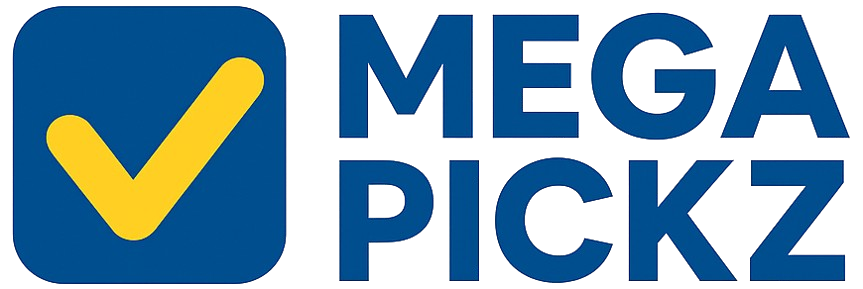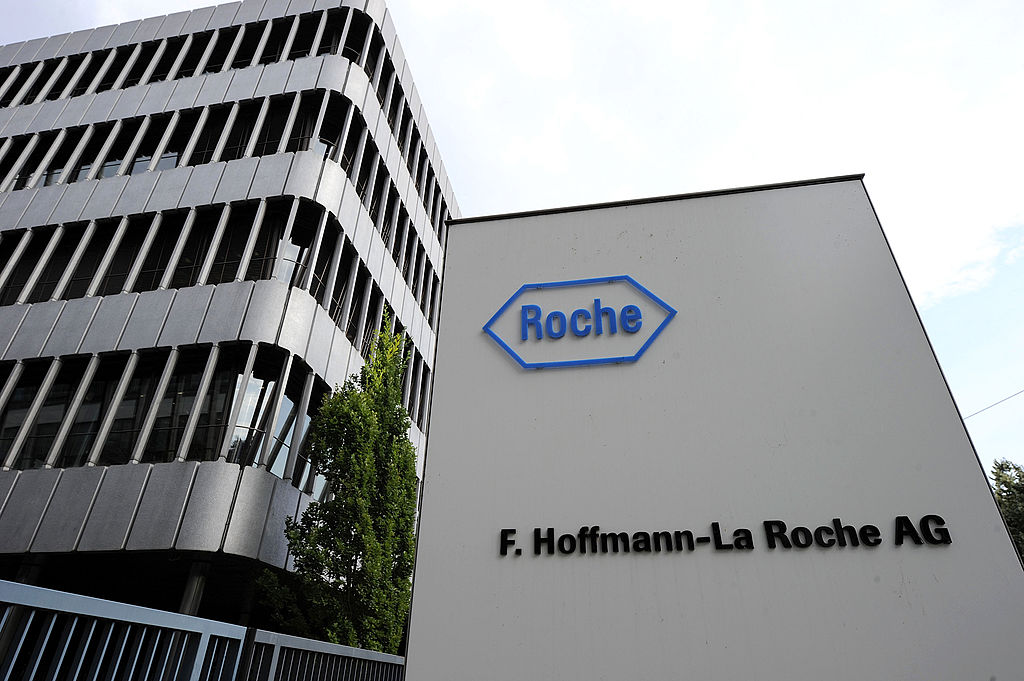There are two FDA-approved medications for the metabolic disorder known as MASH. Roche is paying $2.4 billion to acquire 89bio and its late-stage MASH drug, giving the Swiss pharmaceutical giant the chance to bring a third medication and a different mechanism of action to this prevalent fatty liver disease.
According to deal terms announced Thursday, Roche will pay $14.50 for all outstanding 89bio shares, which represents a nearly 80% premium to the stock’s closing price on Wednesday. That price values 89bio at $2.4 billion, but the company’s shareholders have the opportunity to receive more if its drug hits certain milestones.
The main asset of San Francisco-based 89bio is pegozafermin, an experimental treatment for metabolic dysfunction-associated steatohepatitis, or MASH. In this chronic metabolic disorder, fat buildup in the liver leads to inflammation and liver scarring called fibrosis. The disease has four stages; the most severe is stage 4 or F4, which is liver cirrhosis. The FDA has estimated 14.9 million Americans have MASH, which in severe cases can require the patient to receive an organ transplant.
Pegozafermin is an engineered protein designed to stand in for FGF21, a metabolic hormone secreted by the liver that regulates energy expenditure and fat metabolization. This drug’s long half-life enables dosing by injection every two weeks. A Phase 3 study assessing the drug’s effect on F2 or F3 fibrosis is expected to have preliminary data in the first half of 2027. Another Phase 3 test assessing pegozafermin’s effect on liver cirrhosis is enrolling F4 MASH patients; data are expected in the first half of 2028.
Oncology is Roche’s top therapeutic area by revenue, but the Swiss pharmaceutical giant has turned to dealmaking in an effort to diversify. Last year, Roche paid $2.3 billion to buy Carmot Therapeutics and its pipeline of obesity and diabetes drug candidates targeting the GLP-1 and GIP receptors. Earlier this year, Roche paid Zealand Pharma $1.65 billion up front to begin a partnership on that biotech’s amylin-targeting drug for obesity. In the announcement of the 89bio acquisition, Roche Group CEO Thomas Schinecker said the deal strengthens the pharma giant’s portfolio in cardiovascular, renal, and metabolic diseases. He added that the 89bio drug could be combined with Roche’s existing assets — a point the company made when the Carmot and Zealand deals were announced.
“We are highly encouraged by pegozafermin’s potential to become a transformative treatment option in MASH, one of the most prevalent comorbidities of obesity, and to meet diverse patient needs associated with this complex disease,” Schinecker said. “With its combined anti-fibrotic and anti-inflammatory mechanism, pegozafermin could potentially offer best-in-disease efficacy for all moderate to severe MASH patients.”
The drug closest to pegozafermin is Akero Therapeutics’ efruxifermin, which is also a protein engineered to be an analog for FGF21. This once-weekly injected drug is currently being evaluated in three Phase 3 studies. GSK gained an FGF21 MASH drug candidate in May, paying $1.2 billion for efimosfermin alfa, a Boston Pharmaceuticals small interfering RNA drug. This Phase 3-ready drug could offer less frequent dosing as a once-monthly injection.
The first MASH drug was Madrigal Pharmaceutical’s Rezdiffra, a small molecule designed to activate THR-beta, a receptor that mediates metabolic activity in the liver. The accelerated FDA approval of this once-daily pill last year covers the treatment of patients with moderate-to-advanced disease, which is consistent with F2 or F3 fibrosis. Last month, Novo Nordisk’s GLP-1 obesity drug Wegovy expanded its label to include moderate-to-advanced MASH. Novo was developing an FGF21 analog for the fatty liver disease but recently discontinued that program.
Leerink Partners analyst Thomas Smith said in a note to investors that the firm believes the MASH market will be comprised my many drugs spanning multiple therapeutic classes. The 89bio acquisition provides additional validation for the FGF21 class, which Leerink believes has the most compelling mechanism of action for treatment of MASH based on strong Phase 2b data in MASH patients with advanced fibrosis and F4 compensated cirrhosis.
Leerink projects $4.7 billion in peak global revenue for the 89bio drug by 2035, including $2.6 billion in advanced fibrotic MASH and $1.6 billion in cirrhotic MASH. Those projections bode well for the prospects of additional payouts to 89bio shareholders. The acquisition agreement includes a non-tradeable contingent value right that will pay up to $6 per share in cash if 89bio’s drug achieves milestones, potentially bringing the deal value up to $3.5 billion. The first milestone, paying $2 per share, is trigged by the first commercial sale of pegozafermin in F4 MASH cirrhotic patients. This milestone must be achieved by end of the first quarter of 2030. An additional $1.50 per share could be paid out if the 89bio drug reaches annual global net sales of at least $3 billion in any calendar year by the end of 2033. Reaching $4 billion in net sales by the end of 2035 would trigger the final payout of $2.50 per share.
Roche’s 89bio acquisition is expected to close in the fourth quarter of this year. 89bio licensed pegozafermin from Teva Pharmaceutical Industries in 2018 for $6 million up front with another $67.5 million tied to the achievement of milestones, according to the biotech’s regulatory filings. Teva is eligible to receive royalties from sales if the drug reaches the market.
Photo: Giuseppe Aresu/Bloomberg, via Getty Images

